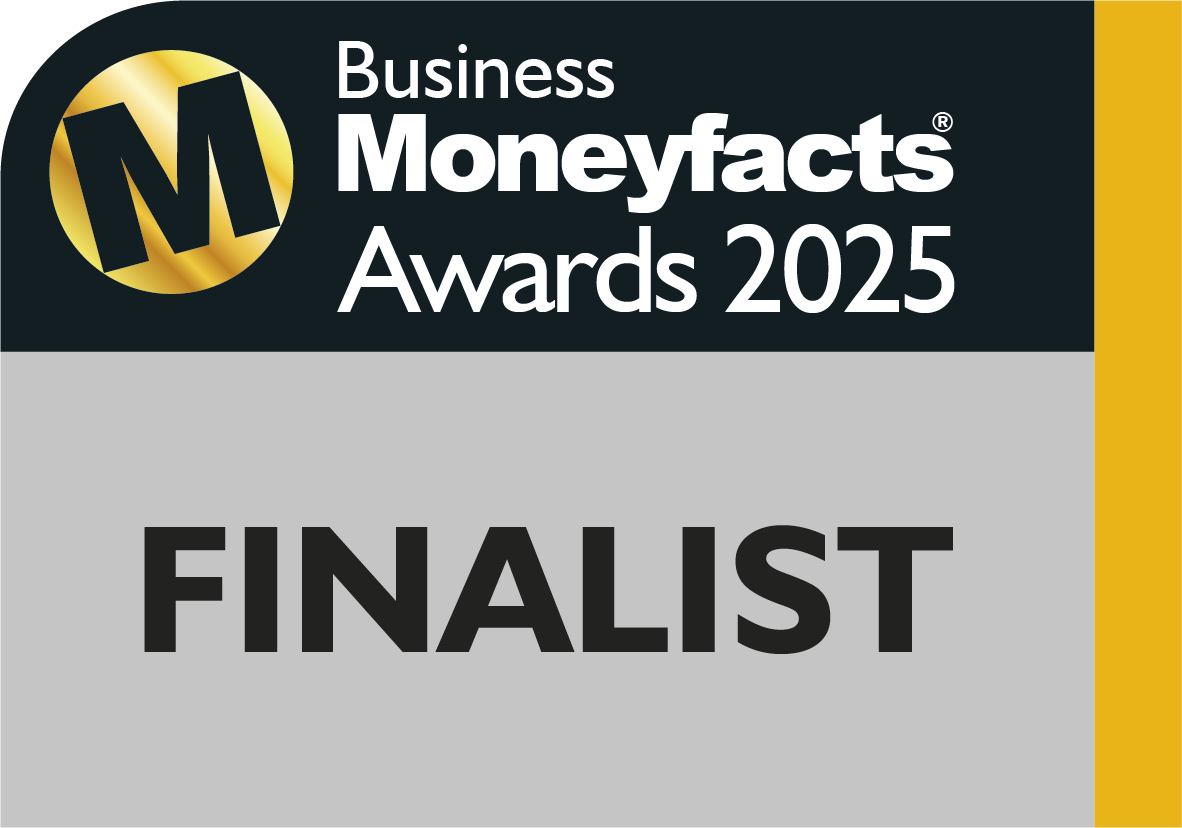February 24th, 2014.
The Ultimate Guide to Invoice Factoring
Since the economic downturn in 2008, businesses across the UK have sometimes found it hard to find the funds they need to grow.
Banks won’t lend and cash flow is hard to come by. That’s where invoice finance comes in.
What exactly is invoice finance? How does it work? How can invoice factoring help a business to grow? Who uses invoice finance? Let’s take a look:
What is invoice factoring?
Invoice finance raises money against unpaid invoices. It means businesses can get an agreed cash lump sum in return for an invoice they’re yet to issue to a client.
Using an invoice as the asset, as opposed to assets or future earnings, invoice finance means you can receive up to 95% of the invoice’s value.
How invoice factoring works – in three simple steps
1. A company performs a service for a client and prepares an invoice to issue to their customer.
2. The company then sends the invoice to an invoice factoring company in return for a percentage of the value of the bill.
3. The invoice factoring company collects the money that was due to you in the invoice.
Interesting invoice finance statistics:
• In the three months before November, net credit to UK businesses from banks contracted by £3.7 billion. (The Guardian)
• In 2014, SMEs were owed £54 billion in late invoices. (Sage)
• The invoice finance industry grew from £77 billion to £191 billion between 2000 and 2009. (B2B International).
• In June 2013, UK businesses used invoice finance 10% more than in the same month the previous year. (ABFA)
• UK firms use invoice finance more than any other EU country. (ABFA)
• Businesses that used invoice finance accounted for 14% of the UK’s GDP in 2011. (ABFA)
• 56% of accountants said that at least one of their clients would benefit from invoice factoring. (Credit Today)
Who uses Invoice Factoring?
The popular stereotype of a business that uses invoice finance is the small enterprise, existing from day to day and needing quick cash flow to meet its costs. However, the reality is somewhat different.
Invoice finance is used by small and large businesses in a wide range of industries, including:
• Logistics
• Wholesalers
• Creative agencies
• Engineering
• Recruitment
• Acquisitions and management buyouts
Whether it’s to finance investment, buy essential kit, restructure your company or to alleviate cash flow problems, invoice finance is used by many thousands of growing businesses in the UK.
The history of invoice factoring
Factoring services in the UK started in the 1960s but the first significant growth in invoice finance came in the 1980s.
It skyrocketed in popularity during the ‘boom’ years of the early and mid-2000s. However, it was after the credit crunch of 2008 – when securing funding from traditional banks became increasingly hard – that cash-strapped businesses would use invoice factoring as a way of raising finance. Today there are more than 50 providers of invoice finance across the UK.
Thanks to increasing economic confidence, banks are slowly becoming less reluctant to lend money to businesses and invoice finance remains a very popular way for businesses to raise money – for a wide array of reasons.
Why is invoice factoring so popular?
• It’s flexible – businesses in need of cash flow can tap into as much, or as little, money as they currently have lying about in unpaid finances.
• It’s easy to access – all you need is one unpaid invoice to access cash funds.
• Anyone can use it – you don’t need to justify your finance through your company’s accounts or a credit score.
• It doesn’t involve assets – your invoices are your assets. You don’t have to put fixed assets on the line to secure funding.
• It’s quick – you can access cash often within 24 hours.
How is invoice finance different to invoice discounting?
Although invoice finance and invoice discounting both tap into the cash flow found in invoices, they aren’t the same.
Invoice finance assumes all responsibility to the factoring company once the cash has been cleared. So it’s the factoring company’s duty to chase payment from the client and their problem if the client decides to try and dodge the payment.
However, invoice discounting keeps a lot of the responsibility in the court of the business to whom the debt is owed. An invoice discounting business will merely supply money to a business in trust that they will be repaid once the invoice had cleared.
Whereas invoice finance is more of a ‘payment’ for the slightly larger sum tied up in the invoice, discounting is a loan against the value of the invoices that are owed – just like a mortgage provider will take into consideration your future earnings from employment before issuing a loan.
Talk to Pure Commercial Finance about invoice factoring today
At Pure Commercial Finance, we’ve been helping businesses to grow on their terms with invoice factoring services for years. Whether you’d like to invest and take your company to the next level or find a way to tap into the value stored away in unpaid invoices, we can help.
Talk to our team of investment specialists today – call 02920 766 565 or email [email protected].






